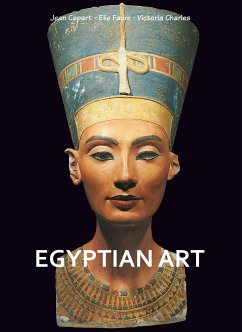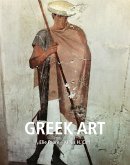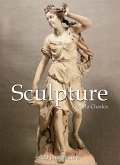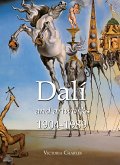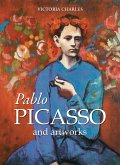Egyptian art is perhaps the most impersonal that exists. The artist effaces himself. But he has such an innate sense of life, a sense so directly moved and so limpid that everything of life which he describes seems defi ned by that sense, to issue from the natural gesture, from the exact attitude, in which one no longer sees stiffness. His impersonality resembles that of the trees bowing in the wind with a single movement and without resistance, or that of the water which wrinkles into equal circles all moving in the same direction. From afar, Egyptian art seems changeless and forever like itself. From nearby, it offers, like that of all the other peoples, the spectacle of great evolutions, of progress toward freedom of expression, of researches in imposed hieratism. Egypt is so far from us that it all seems on the same plane. One forgets that there are fi fteen or twenty centuries, the age of Christianity — between the “Seated Scribe” and the great classic period, twentyfive or thirty centuries, fi fty, perhaps — twice the time that separates us from Pericles and Phidias — between the pyramids and the Saite school, the last living manifestation of the Egyptian ideal. Egypt died of her need of eternity.
Bitte wählen Sie Ihr Anliegen aus.
Rechnungen
Retourenschein anfordern
Bestellstatus
Storno

